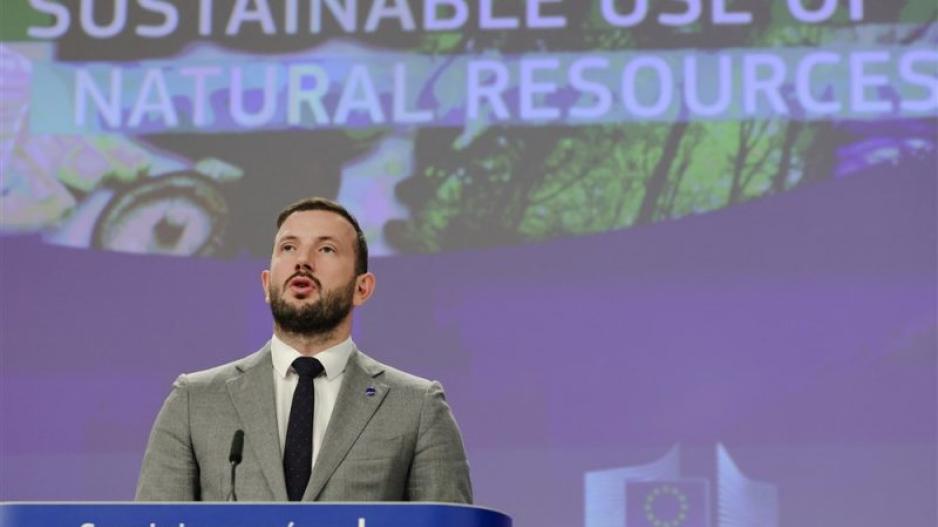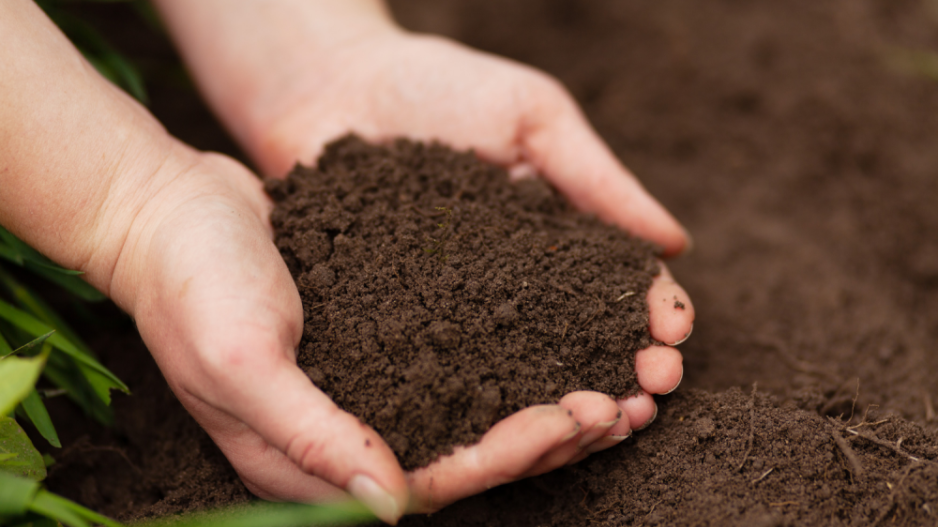EU Commission Proposes Legislation for Sustainable Soil Health and Innovative Farming Practices
On Wednesday, the European Commission approved a comprehensive set of measures aimed at promoting the sustainable utilization of essential natural resources. These measures not only seek to enhance food production, supply chains, and agriculture within the EU but also prioritize environmental preservation. The proposals will undergo discussion and refinement in the EU Council and the European Parliament before becoming legislation.
Stella Kyriakidou, the Commissioner for Health and Food Safety, emphasized the significance of innovation in the pursuit of sustainability. She asserted that the proposal aims to equip farmers with the necessary tools to cultivate healthy and safe food that can adapt to changing climatic conditions while respecting the planet.
One key aspect of the measures involves enacting legislation to monitor soil health and improve it by 2050. This valuable data will be accessible to farmers and other individuals responsible for managing soils across the EU. Additionally, sustainable land management will be established as the standard practice, and provisions will be made to address situations where soil pollution poses unacceptable risks to health and the environment.
The proposals also advocate for the responsible utilization of technological advancements in genetic techniques. By harnessing these techniques, climate-resilient crops can be developed, reducing reliance on chemical pesticides. Consequently, the availability of sustainable, high-quality, and diverse seeds and reproductive materials for both plants and forests will increase.
Furthermore, the measures put forth a plan to minimize food and textile waste, leading to more efficient utilization of natural resources. This initiative will also contribute to a reduction in greenhouse gas emissions from these sectors.

Frans Timmermans, Executive Vice-President for the European Green Deal, emphasized the interconnectedness of the proposals and their alignment with the urgent need for climate action. He highlighted that healthy soils play a crucial role in carbon absorption, water retention, and drought protection. Additionally, he emphasized that farmers will benefit from access to safe genetic techniques, which will enable the cultivation of resilient crops requiring fewer pesticides.
A related announcement drew attention to the concerning state of soil health in the EU, with approximately 60-70% of soils currently classified as poor. Furthermore, the region experiences an annual loss of one billion tonnes of soil due to erosion. To address this issue, the proposal introduces the EU's first legislation on soils, encompassing a harmonized definition of soil health, a comprehensive monitoring framework, and measures to promote sustainable soil management and the restoration of contaminated areas.
The proposal integrates various sources of soil data, including soil sampling data from the EU's Land Use and Coverage Area Frame Survey (LUCAS), satellite data from Copernicus, and national and private data. This integration enhances the accuracy and comprehensiveness of soil information.
In terms of enhancing the resilience of food production and supply systems, the Commission recommends measures to facilitate farmers' and livestock breeders' access to cutting-edge innovations. Specifically, plants produced using new genetic techniques are categorized based on their resemblance to natural plants and the complexity of their modifications. Different criteria and regulatory procedures will be applied to each category. For plants falling under the first category, only the communication of the use of genetic techniques will be required, while the second category will necessitate more extensive procedures.
Furthermore, the proposals establish specific targets for reducing food waste. By 2030, the aim is to reduce waste by 10% in the processing sector and by 30% per capita collectively in retail, consumption (restaurants, catering services, and households). The current figures highlight the severity of the issue, with approximately 59 million tonnes of food wasted annually in the EU, amounting to 131 kg per inhabitant and resulting in a total value loss of 132 billion euros. Household waste accounts for 53%, while the processing sector contributes 20% to the overall food waste problem.






